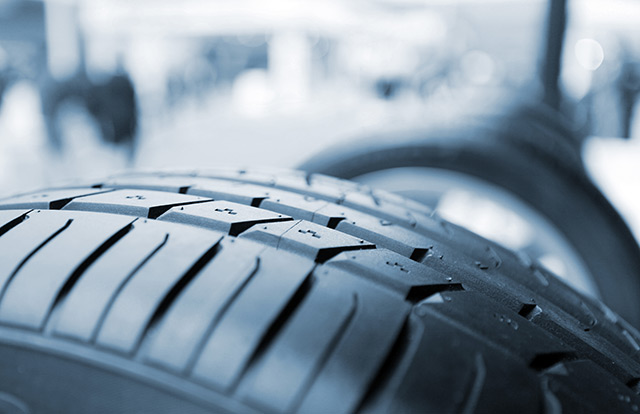 Parler
Parler Gab
Gab
Tire companies making bank
The one entity that is not complaining about any of this is the tire manufacturing industry. It is really great for business to have EV owners burning through tires because that means more money for them in the long run. Tire giants Michelin and Goodyear both sell new versions of tires made specifically for EVs, which weigh a lot more than internal combustion engines. In 2023, automotive dealer software company CDK Global published a study revealing that replacing EV tires is similar to getting an oil change – that is how often it has to be done. Last August, another study revealed that Rivian's R1T EVs need new rubber after just 6,000 miles, further proving the oil change frequency point. On top of all this, EV tires are much more expensive than internal combustion engine vehicle tires due to their excess weight. This means that not only will EV owners have to replace their car tires much more often than normal, but the cost to do so will also be astronomical. "If you're looking at the Goodyear ElectricDrive, they start at $201 apiece," reports The Drive. "Step up to the ElectricDrive GT models and they're $271 a pop, meaning it's nearly $1,100 for a set." "And while these would work for a Tesla Model 3, they wouldn't properly fit a Rivian, whose 275 / 65R20 Pirelli Scorpion All-Terrain Plus tires cost $461.68 each." In other words, you had better be really wealthy if you plan to purchase an EV and properly maintain it with proper tires. For most Americans, an EV purchase simply makes no sense, and for a number of reasons besides just the tire issue. "EVs obviously have their place in the future of transportation," The Drive says. "Still, the industry has a long way to go in educating customers about the upsides and downsides while also developing products that provide better value for folks." "The thing is, there has to be an incentive for companies to do so, and at a time when it's difficult enough to sell EVs as it is, what's the likelihood of a salesperson bringing up maintenance costs?" The latest news about the EV scam can be found at GreenTyranny.news. Sources for this article include: TheDrive.com NaturalNews.com CDKGlobal.com TheDrive.comCongress introduces ADL-backed ‘Countering Antisemitism Act’ to police online speech
By News Editors // Share
Revealed: More Diddy links to MeidasTouch founders, described as Biden’s ‘front line’
By News Editors // Share
Democrat Rep Sheila Jackson Lee tells students the moon is ‘made up mostly of gases’
By News Editors // Share
CIA officer confirms it has “advisors” in Ukraine – “a well-known secret”
By Ethan Huff // Share
Governments continue to obscure COVID-19 vaccine data amid rising concerns over excess deaths
By patricklewis // Share
Tech giant Microsoft backs EXTINCTION with its support of carbon capture programs
By ramontomeydw // Share
Germany to resume arms exports to Israel despite repeated ceasefire violations
By isabelle // Share










